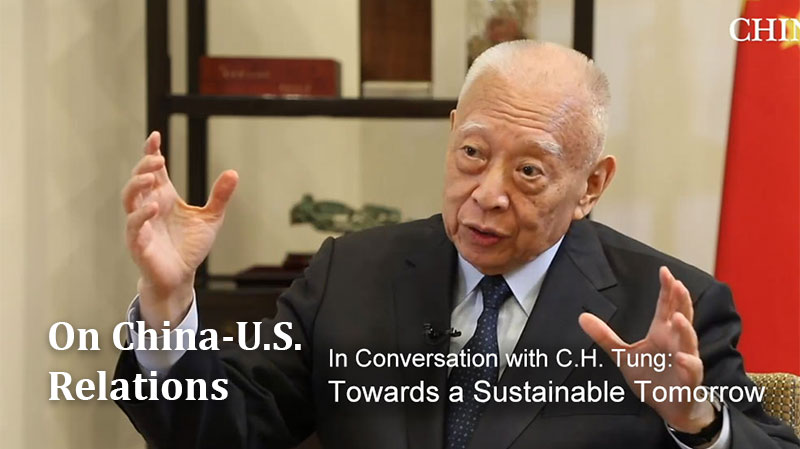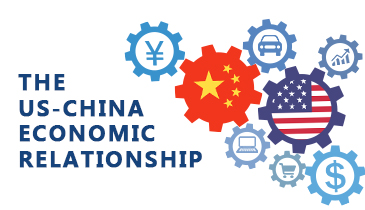Richard Weitz
Senior Fellow, Hudson Institute

Feb 02, 2016
PRC policy makers have found themselves cross-pressured: They would prefer that Pyongyang refrain from provocative actions like nuclear weapons testing, yet are unwilling to impose the substantial pressure on the DPRK desired by the United State for fear that its regime would collapse and China would suffer economic and security costs.

Jan 12, 2016
The recent U.S. arms sales decision regarding Taiwan led to a more moderate Chinese government reaction than seen in many previous transactions. The U.S. arms transfers to Taiwan serve multiple purposes and are likely to continue whoever is the leader of the next government in Taipei and in Washington.

Dec 16, 2015
China has increased is trade, investment, and loans in Central Asia, and although China and the U.S. differ regarding democracy promotion, human rights, and Russian security activities in the region, they can work together on economic integration, countering terrorism, and combating drug trafficking.

Nov 13, 2015
Richard Weitz reviews the recent speech of U.S. Defense Secretary Ashton Carter, who describes China’s potential to challenge the U.S.-built international order through its assertive stance in the South China Sea, and finds his approach sensible, given the mixed and fluid strategic relationship between the two countries.
Oct 15, 2015
Richard Weitz argues that Xi Jinping’s visit to the U.S. did not strengthen mutual trust between the two governments, and suggests that Washington and Beijing need to move from words to actions regarding Afghanistan, which is facing increased insecurity, and views China as an important regional partner.
Sep 15, 2015
China and its Eurasian neighbors likely discussed the future of Central Asian security while attending the Chinese military parade. Chinese leaders may have to assume a more prominent security role in Central Asia and talks with U.S. officials can make this process more manageable.

Jul 31, 2015
Although the recent Iran nuclear agreement is welcome, China and the U.S. have important tasks to perform to keep Iran from becoming a real, as opposed to a virtual, nuclear weapons state. The Iranian model will not apply to Korea and other proliferation challenges given the different elements of these threats.
Jul 15, 2015
The latest U.S. National Military Strategy has provoked a strong but misguided reaction in Beijing. U.S. policy makers are not forecasting an inevitable a war with China and identify areas where the two countries’ national security interests overlap sufficiently for bilateral collaboration.
Jun 26, 2015
As permanent members of the UN Security Council, Chinese and U.S. leaders should look beyond the recent deadlocked Nuclear Non-Proliferation Treaty and use their next U.S.-China Strategic and Economic Dialogue to make further progress in promoting nuclear disarmament, nuclear non-proliferation, and supporting the safe and secure peaceful use of nuclear energy.
May 26, 2015
Amidst Chinese and U.S. opposition, North Korea has amplified its pressure on South Korea and allies through its weapons development. However, China has opposed U.S. deployment of a Terminal High-Altitude Area Defense (THAAD) in South Korea, which could halt progress.

